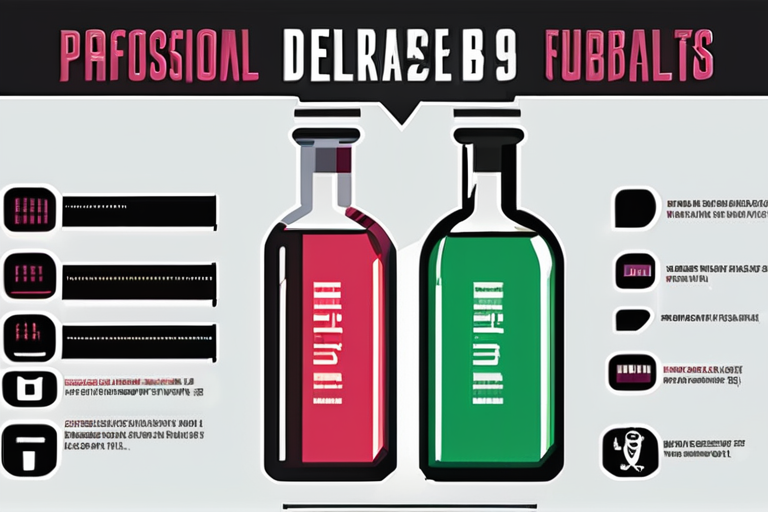Insurance Denials Just Got a Major Loophole: How to Use This Little-Known Appeal to Get Lifesaving Care Covered


Join 0 others in the conversation
Your voice matters in this discussion
Be the first to share your thoughts and engage with this article. Your perspective matters!
Discover articles from our community

 Hoppi
Hoppi

 Hoppi
Hoppi

 Hoppi
Hoppi

 Hoppi
Hoppi

 Hoppi
Hoppi

 Hoppi
Hoppi

Breakthrough in Antibiotic Research: Scientists Discover New Broad-Spectrum Lasso Peptide A team of international researchers has made a groundbreaking discovery …

Hoppi

Scary Movie 6 Promises to Offend Everyone with Crass Humor LOS ANGELES, CA - In a bold move, the makers …

Hoppi

GitHub Copilot Gets Smarter at Finding Your Code: Inside the New Embedding Model Microsoft's GitHub Copilot has taken a significant …

Hoppi

BREAKING NEWS: Suspect Identified as 'Monster' in Deadly Manchester Synagogue Attack A suspect, identified as Jihad Al-Shamie, has been named …

Hoppi

Orderly Network Revolutionizes Decentralized Trading with "Orderly One" Platform In a groundbreaking move, decentralized exchange infrastructure provider Orderly Network has …

Hoppi

Bullets Found After Charlie Kirk Shooting Carried Messages Federal law enforcement officials have confirmed that several bullet casings recovered from …

Hoppi